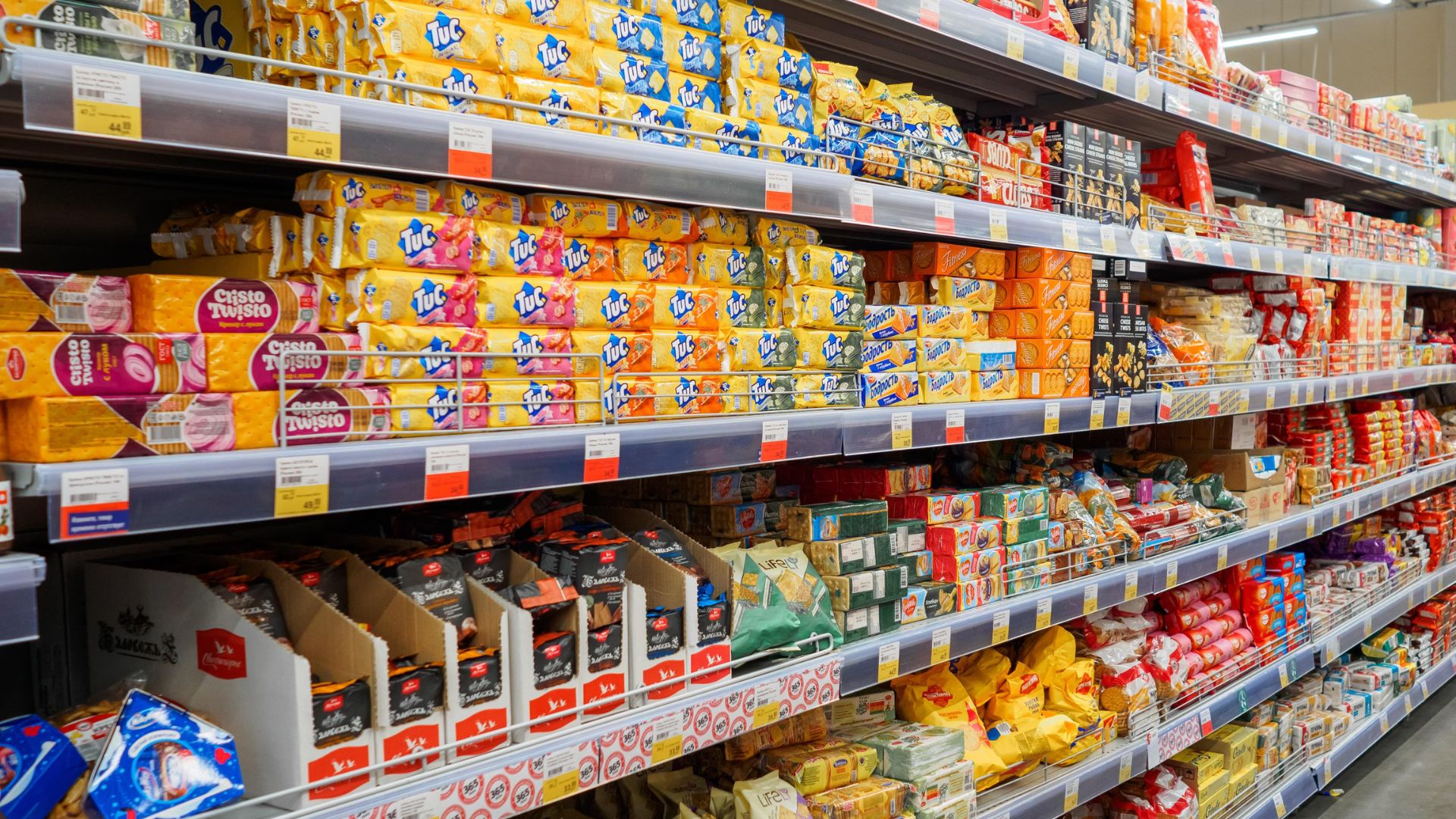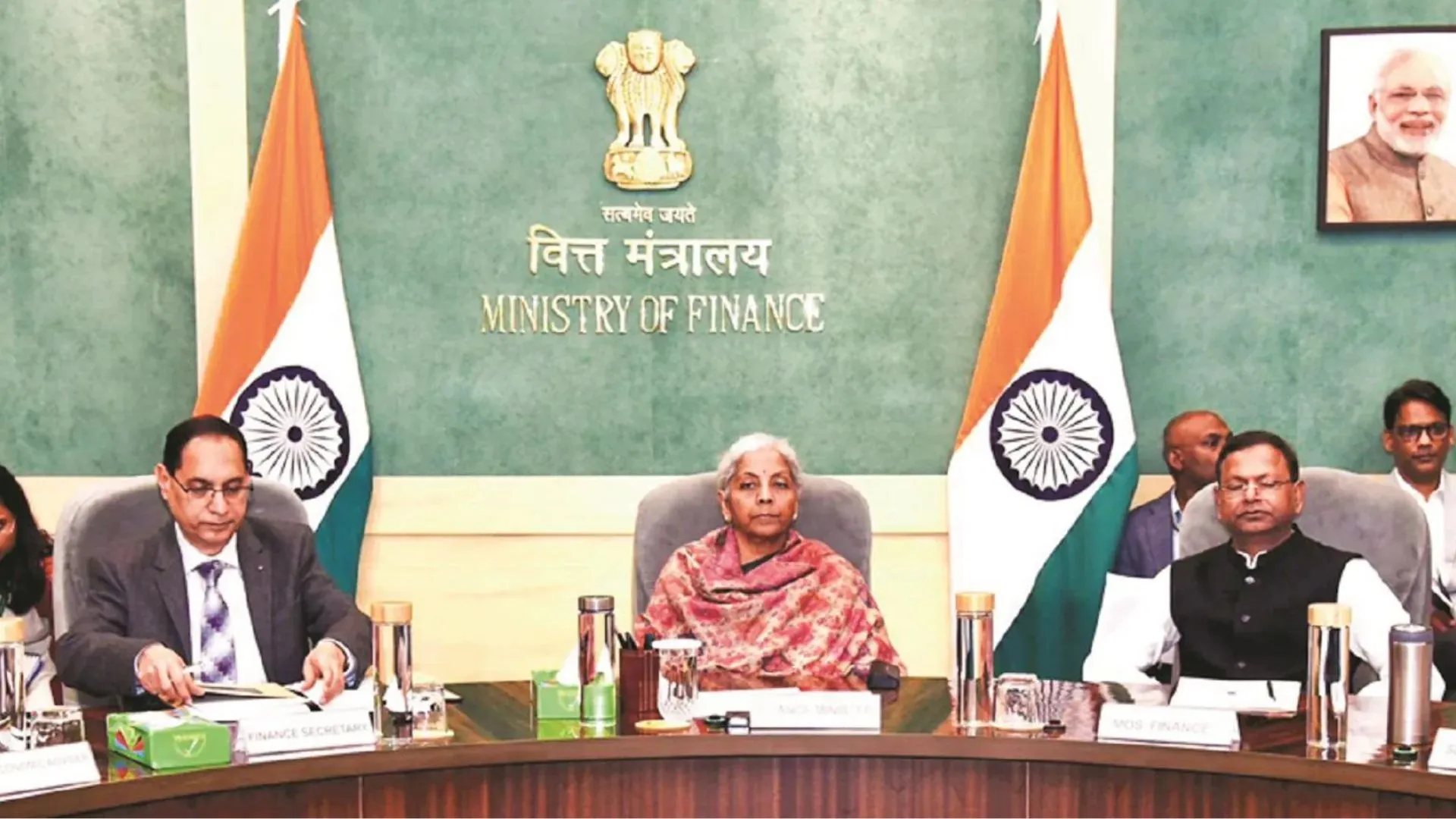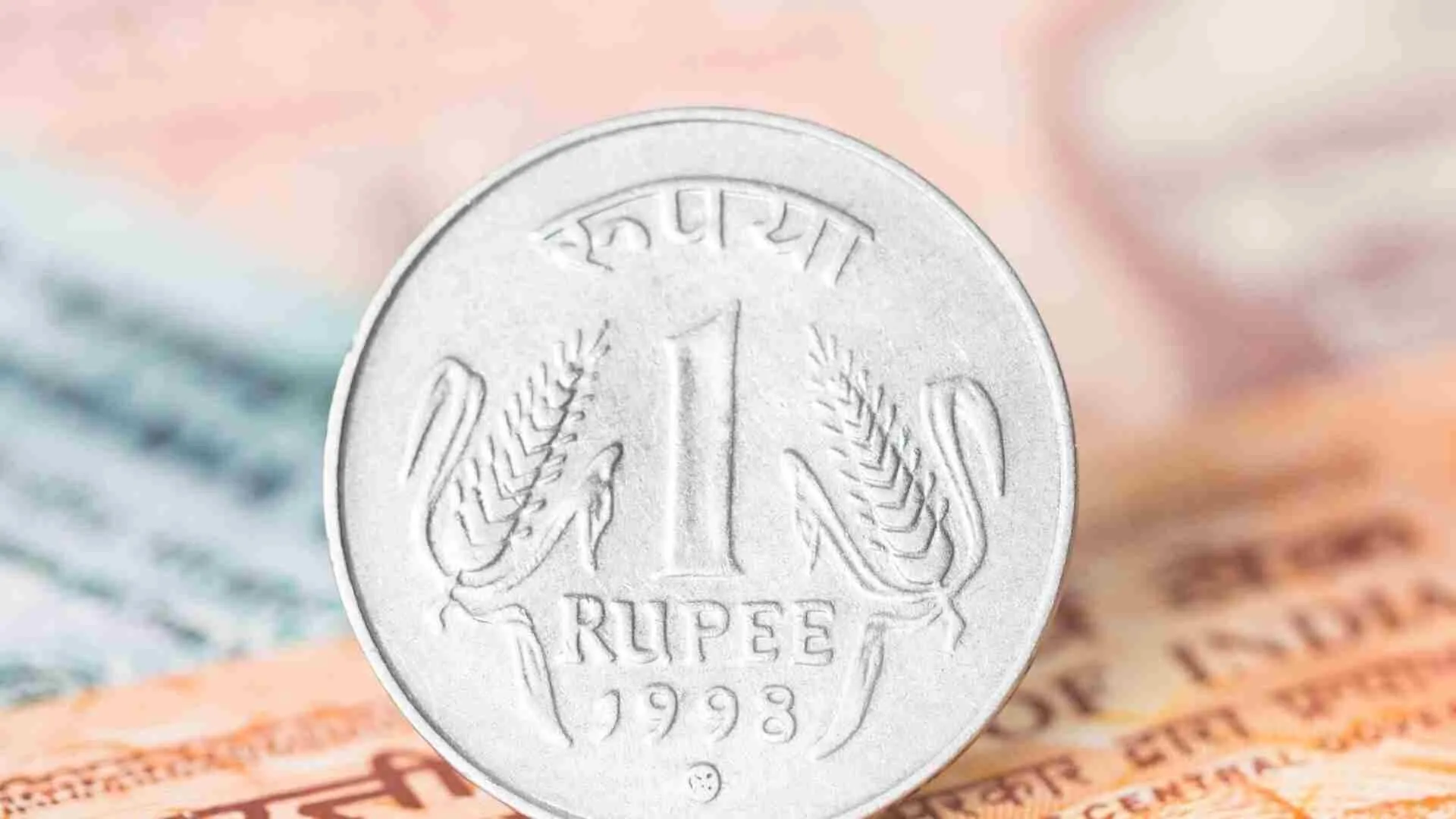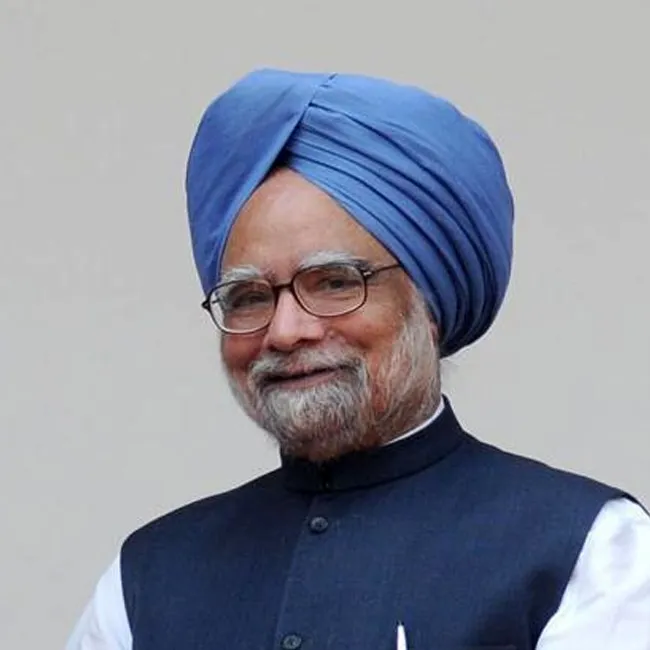Amid persistent inflation and sluggish demand, leading Fast-Moving Consumer Goods (FMCG) and retail companies in India are intensifying their focus on premiumization. Industry leaders are adapting strategies to cater to a growing segment of discerning consumers, refining their premium offerings with competitive pricing and enhanced packaging.
Despite inflationary challenges, firms like Archies, Ghodawat Consumer Ltd., and Godrej Consumer Products Limited (GCPL) are reshaping their approach to appeal to consumers willing to pay a premium for higher-value products. According to the companies, increasing purchasing power and evolving consumer preferences are key drivers behind this trend.
Archies and Ghodawat Lean Into Premium Appeal
Varun Moolchandani, Executive Director of Archies, highlighted the company’s efforts to strengthen its premium appeal through innovative product designs and a customer-centric approach aimed at high-value shoppers. “We’ve observed a steady increase in transaction value and repeat business in our premium lines, signaling growth in both volume and revenue,” he said.
Salloni Ghodawat, Director of Ghodawat Consumer Ltd., emphasized the company’s digital-first marketing strategy, leveraging social media and e-commerce to connect with premium customers. “Our focus on innovation, quality, and brand differentiation positions us well for continued growth in the premium segment,” she noted.
Godrej Consumer Finds Success in Dual Strategy
Godrej Consumer Products Ltd. (GCPL) is balancing growth across both premium and mass-market segments, as highlighted by Sudhir Sitapati, Managing Director and CEO. Products like Godrej Aer Matic and HIT Anti-Roach Gel have seen increased traction in online sales, driven by convenience and perceived value. “Our growth strategy includes democratisation as well as premiumization, depending on the market demand,” Sitapati added.
Despite inflation eroding consumer purchasing power in both urban and rural markets, the premiumization strategy has emerged as a significant growth driver for the FMCG and retail sectors. A recent NielsenIQ report revealed that while overall FMCG growth has been subdued, premium and luxury products have witnessed robust expansion, outpacing non-premium categories by nearly double.
The report also noted that the premium+ segment now represents approximately 27% of total FMCG sales, contributing 42% to the sector’s value growth. Industry players believe this trend reflects the resilient demand for high-value products, even in a challenging economic environment.
Industry leaders acknowledge the impact of inflation on consumer spending patterns. Varun Moolchandani pointed out that inflation has influenced choices, but premium segments continue to perform well, especially in metropolitan areas where aspirational purchases remain strong.
“In rural markets, consumers tend to spend selectively, opting for high-value items rather than regular purchases. Urban buyers, however, view premium products as lifestyle investments,” Moolchandani explained.
Gaurav Bhatia and Bharat Kapoor, Founders of Art Of Time, echoed this sentiment, noting that inflation has prompted more thoughtful spending in urban areas but has not dampened the rising aspirational demand in rural and non-metro regions.
The Ministry of Finance’s Monthly Economic Review for September pointed out a moderation in demand and softening consumer sentiment in urban areas. However, it also highlighted signs of recovery in rural demand, as evidenced by rising FMCG sales.
Despite the inflationary headwinds, industry players remain confident about the growth prospects of the premium segment. “Price sensitivity has increased, but demand for premium products remains robust, especially in categories linked to lifestyle and health,” said Salloni Ghodawat.
Disha Shah, Founder of DiAi Designs, underscored the importance of creating a unique customer experience to drive premium sales. “Today’s discerning consumers are willing to pay more when they feel part of a movement or cause. The future of luxury lies in exceptional service and personal engagement,” Shah remarked.
In conclusion, while inflationary pressures pose challenges, the premiumization trend continues to gain momentum, signaling a shift in consumer preferences towards higher-value, differentiated products across both urban and rural markets.














